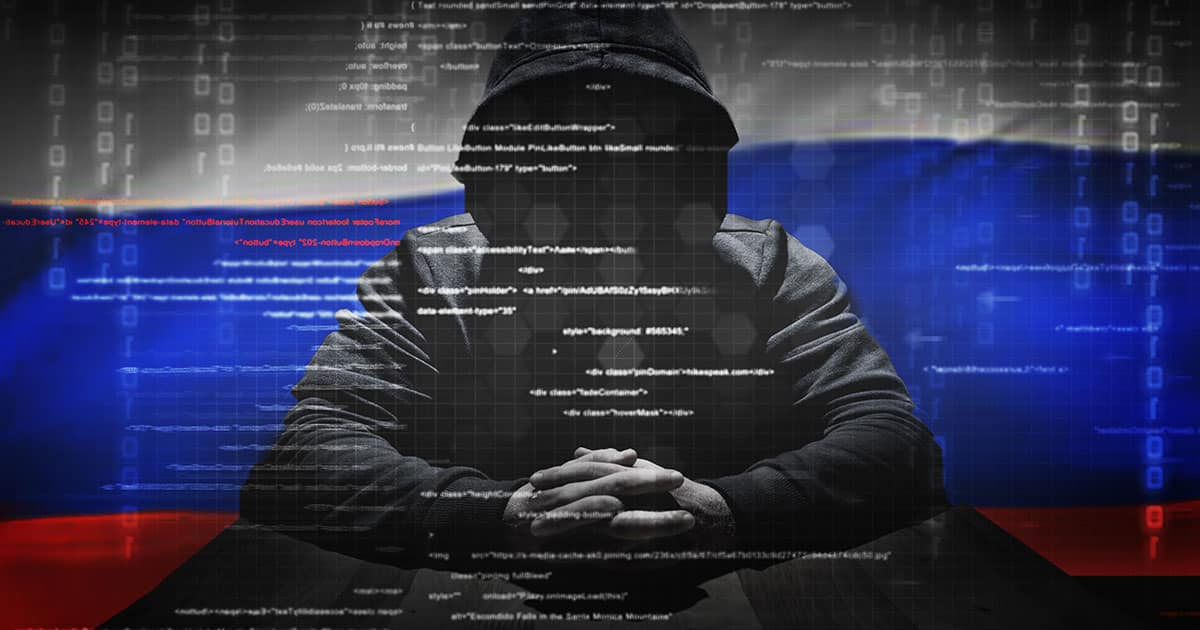Russia banned Telegram this weekend because that company refused to turn over encrypted communications demanded by the Russian government. On Monday, state regulators began blocking access to Telegram, and I’m wondering what that might mean for Apple and its iMessage platform, and to other encrypted communications platforms.

But What about the Terrorists?
Telegram is the world’s 9th biggest communications platform, built by Russain Pavel Durov. Like iMessage, Telegram was built on the premise of privacy from the ground up. Mr. Durov left Russia in 2014 after being pressured into selling VK, a Russian social networking platform, to a crony of Vladimir Putin.
Today, Telegram has some 200 million users, including opposition politicians in Russia, journalists, and members of the Russian government, too. Oh, and ISIS and other terrorists. Mr. Durov acknowledged that at TechCrunch Disrupt in San Francisco in 2015.
Which is the pretext Russia was using to get Telegram’s encryption keys. The Russian government said it needed those keys to read terrorist messages, and a court agreed. When Telegram refused, the service was banned on Friday, and started being blocked by telecommunication companies on Monday.
This need to read bad guy communications is the same rationale used by some law enforcement officials in the U.S. and in other countries, and it’s one Mr. Durov has argued against, saying:
The terrorist threat in Russia will stay at the same level, because extremists will continue to use encrypted communication channels – in other messengers, or through a VPN.
I think that privacy, ultimately, and the right for privacy is more important than our fear of bad things happening, like terrorism. Yes, there’s a war going on in the Middle East. It’s a series of tragic events. But ultimately, the ISIS will always find a way to communicate within themselves.
And if any means of communication turns out to be not secure for them, they’ll just switch to another one. So I don’t think we are actually taking part in these activities. I don’t think we should be guilty or feel guilty about it. I still think we’re doing the right thing, protecting our users’ privacy.
Veneer of Democracy
Mr. Durov’s reasoning is sound, and a reasonable observer might conclude Russia’s pretext is just that. The real goal is to access everyone’s communications, the better to squelch dissent.
As a Telgram lawyer put it, “They have demonstrated again and again that the court system is devoted to serving the interests of the authorities. They no longer even care about basic external appearances.”
It could also be an effort to harm Mr. Durov’s business, as he has been a vocal critic of Mr. Putin. After all, who in their right mind would use Telegram if the Russian government had the encryption keys?
So what does this mean for iMessage and other encrypted services? Russia and China both want access to everyone’s communications, as does every other two-bit dictator around the globe. The same is true for some of our own law enforcement officials in the U.S.
In Russia, though, the courts will comply with what the government wants. Today’s it’s Telegram, and with the precedent set, I can’t help but think iMessage could come under Kremlin crosshairs, too. There’ve been no public signs of that yet, but then I’ve long thought it was only a matter of time.
A friend suggested me EUVpnprotect. No disconnection issues and an really fast connection.